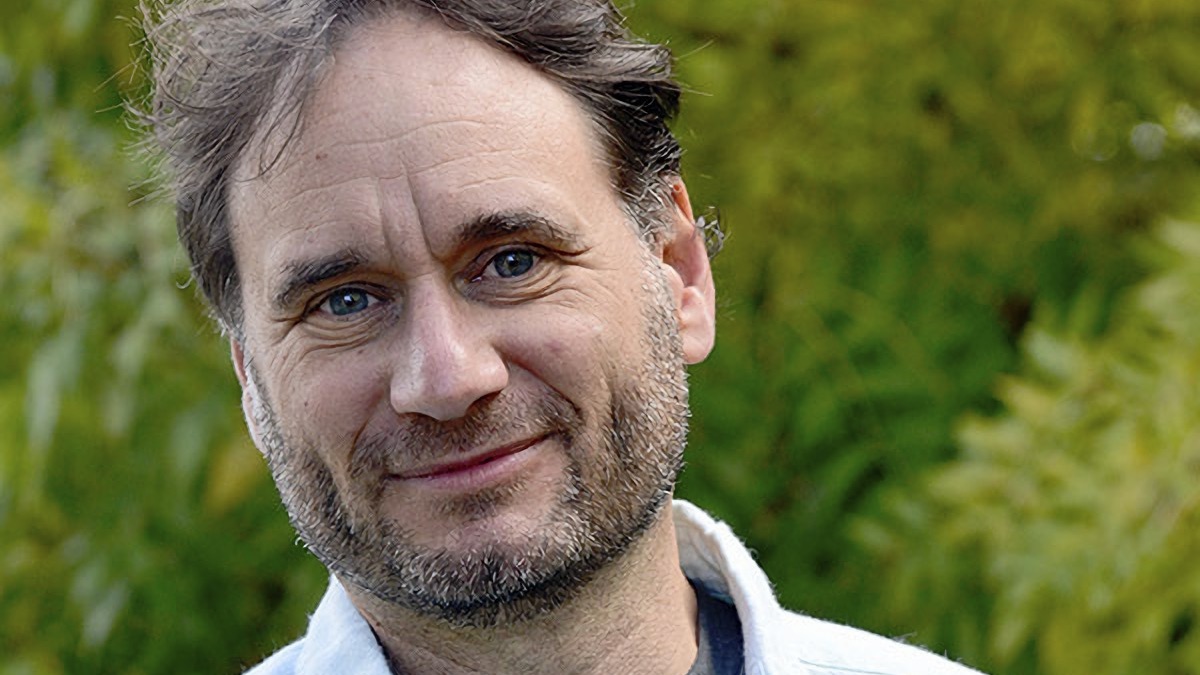The Recordkeeping Roundtable panel “Freedom of Information?” held on 29 February was recorded, and here’s the audio.
The promo, as I told you earlier said:
In a connected world where information sharing is easier and has more impact than ever before, is the current framework of FOI, information security, privacy and archives laws and practices delivering the information society needs in a timely and appropriate way? This panel discussion will be about:
- assessing the effectiveness of current information access and security laws and methods — are they hopelessly broken?
- the culture of secrecy and withholding by government agencies
- how technology and activism offer those with the skills and motivation some alternative and very powerful ways to access and reveal information, and
- what can be done to address the current state of things and move to better ways of making information available when and where it’s needed.
I was the first speaker, talking about the new, disorderly ways of liberating information, using the Anonymous crack of Stratfor as an example. Since then, though, we’ve discovered that the whole thing might have been an FBI sting operation against WikiLeaks!
Recordkeeping Roundtable has posted the audio of the entire event: opening remarks by moderator Cassie Findlay; me; the speech by former diplomat Dr Philip Dorling, who now leads the journalistic pack in FOI stuff; the speech by Tim Robinson, Manager, Archives and Records Management Services at the University of Sydney; and the question and answer session.
Here, though, is a tweaked and slightly less bandwidth-hungry version of my speech.
Podcast: Play in new window | Download (Duration: 17:38 — 7.5MB)
[The original audio recording by Cassie Findlay was sampled at 44.1kHz. This version has the audio levels compressed and normalised, and re-sampled to 22.050kHz. It’s posted here under a Creative Commons BY-SA license.]
[Update 26 May 2012: A transcript of what I said is now available.]

